It is hard to find a conversation about gifted education, advanced academic opportunities, and equity that does not involve identification issues. This is unsurprising considering the persistence of these inequities. Purdue University’s Gifted Education Research and Resource Institute recently released a report finding that 40% of public school children attend a school where zero students are identified as gifted. Across the country, school systems face a similar challenge of Black and Brown students being woefully underrepresented in gifted and talented education programs. Brilliance is unquestionably distributed equally, but opportunity is not. But with all the attention we spend on thinking about equitable identification practices, we may be overlooking two important questions: (1) are our gifted programs working; (2) if they are working generally, are they working for students in these underrepresented subgroups?
Are Gifted Programs Making a Difference?
One of the most thorough studies conducted on gifted and talented programs reviewed 2,000 elementary programs in three states. 75% of the schools in this study did not use any specialized curriculum uniquely designed for gifted students in reading or math, resulting in widely varying levels of program content and program quality. This means that in gifted programs students typically qualify for because of their high potential to achieve in math or reading, they are receiving little, if any advanced instruction in either subject.
This adds to the already variable framework of gifted education in the United States. Gifted education receives very little funding at the federal level. Some states do not have formal recognition for gifted and talented students. Other states do, but do not require any special programming or teacher qualifications to serve gifted students. And many states that require programming or teacher qualifications treat these as unfunded mandates.
We are fighting and must continue to fight for a fair answer to the “gifted. for whom?” question. But we need to keep that same energy to answer the “gifted, for what?” question.
Bring critical thinking opportunities to your school or district through thinkLaw’s professional development and curriculum to meet the socio-emotional needs of All students. Click here to get started.
What Quality Gifted and Talented Programming Can Mean for Historically Underrepresented Students
The school-to-prison pipeline’s disproportionate impact on students of color has become a kitchen table issue in education. But I often wonder if we have thought about the direct connection between equity issues in gifted education and the appalling practices of imposing hard discipline for these students.
This, to me, is one of the most meaningful outcomes of effective gifted programming for students of color. Because the reality is, being Black and Brown while simultaneously being brilliant is not necessarily a safe state of being. Racism-colored glasses create a world where we look at the same exact behaviors and call them different things based on who is exhibiting them. For every student, we label as hyperactive and in need of medication, other students get labeled as enthusiastic and high-energy. These students over here are defiant, but these other ones over there are passionate. I lived the experience of being labeled as rude, stubborn, and distracted in a general education classroom as a first grader. And then once I was identified gifted and entered second grade, these same exact behaviors placed me on a pedestal as an inquisitive, conscientious, and curious child.
The idea of focusing on program quality for gifted programs when it comes to students like me brings up more questions than answers. It seems like a specially designed program to unleash the full potential of students should have a clear impact. Yet, underachievement for gifted students disproportionately impacts gifted students of color. Can it be that we have too many schools with leaders who shrug off gifted programs because, as one school leader told me, “we only have one or two gifted students, and they’ll be just fine.”? Or is it that we have not addressed the feelings of social isolation students of color grapple with as they age through advanced academic programming.
Maybe a big part of the “gifted, for what” conversation needs to focus on why it matters that we invest in the success of gifted students of color, to begin with. Too often, we tell children that they need to be successful academically so they can move out of their communities. This hits home because I can remember commuting an hour and a half each way to get to the Bronx High School of Science from Brooklyn. One day, I was eating the Brooklyn classic Chinese Food staple of french fries with hot sauce with another friend who did that trek with me while walking home from the train station. When he finished, however, he just threw the empty bag of fries on the ground.
Why did he do that? He would not do that in the much nicer neighborhood surrounding our high school. What kind of poison are we feeding our students if they learn to literally treat their own neighborhoods like trash? We need to think carefully about what success means for students of color, and particularly students of color growing up in poverty. For me, all the success in the world – all the degrees, accolades, business accomplishments, etc. – mean nothing, NOTHING, if I cannot go back to my block in Brooklyn and be comfortable with my people. The moment it clicked that my success academically was fundamentally intertwined with the success of my community was the moment I began to cycle out of my destructive underachievement phase as a gifted learner.
So, let’s not just focus on getting equitable identification practices corrected. Let’s build the type of high–quality gifted and talented programs for underrepresented populations that ensure all exceptional children have a true shot of fulfilling their exceptionality. And let’s also understand that unlike the “me-first” mantra that drives conversations around achievement in the United States, underrepresented student populations will benefit from a more collective understanding of why achievement matters. We have to figure this out, because if we cannot answer the “gifted, for what?” problem, we will never get our heads around the “gifted, for whom?” inequities in our educational systems.
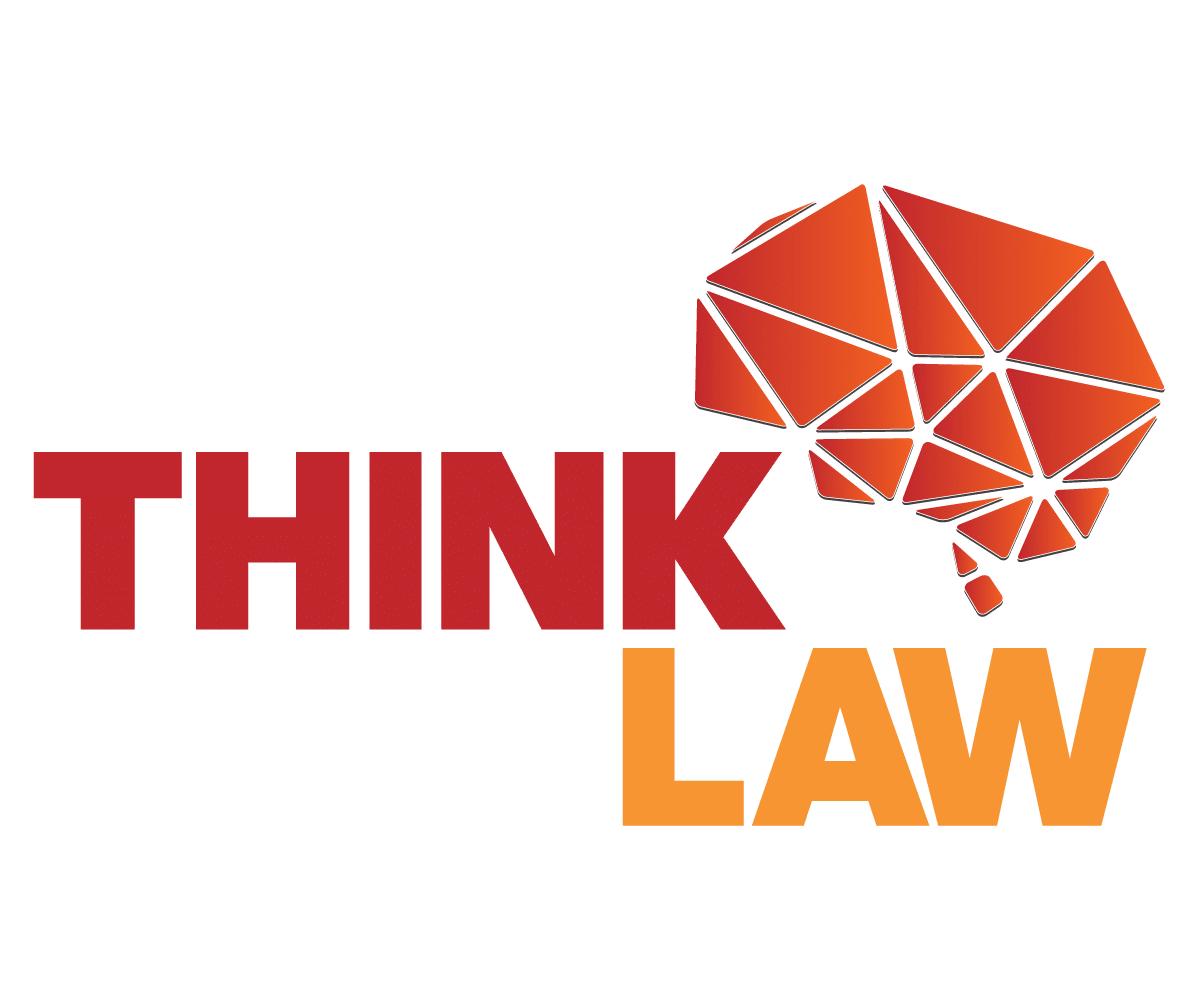



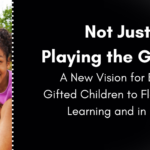
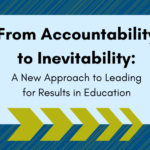
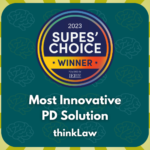
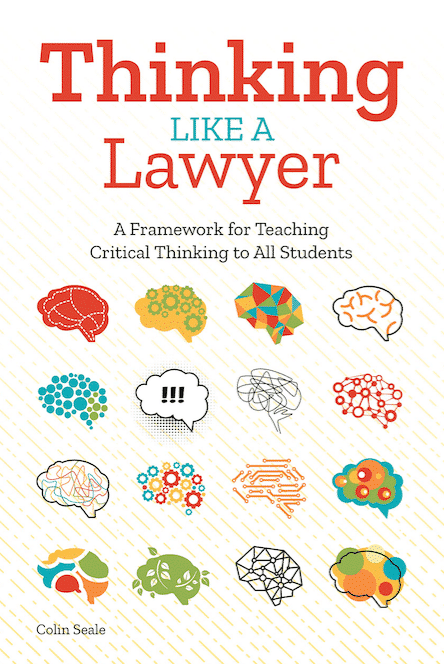
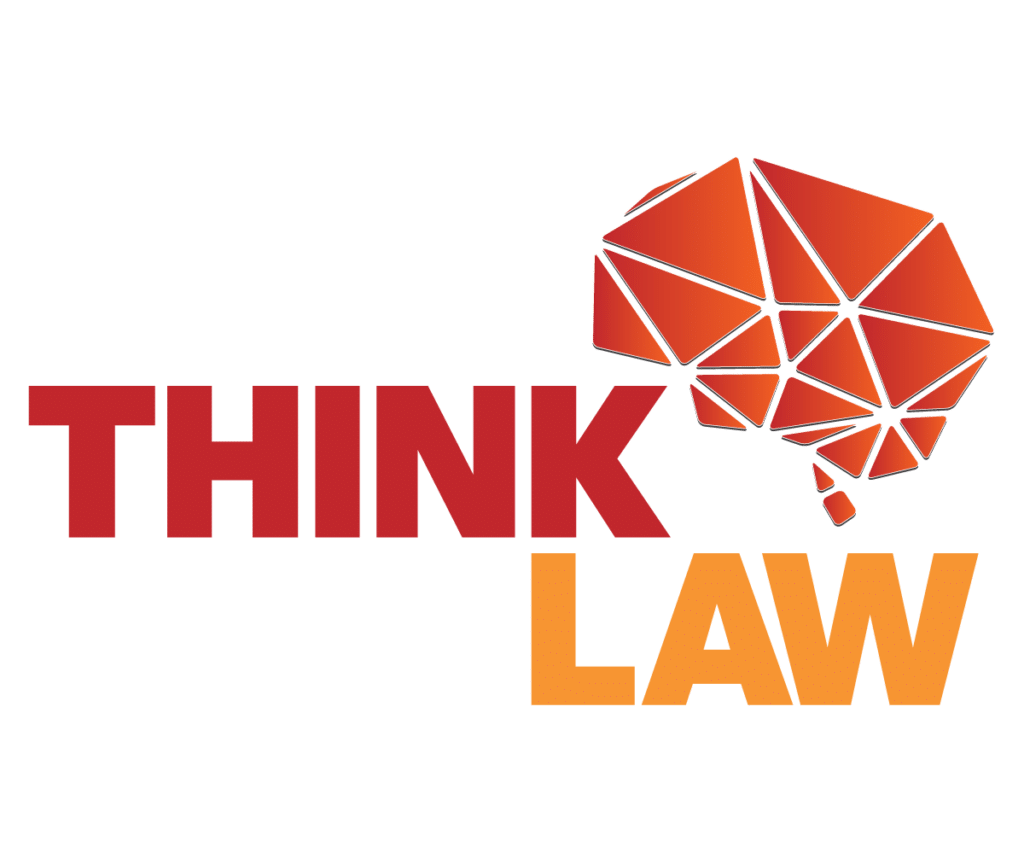
Leave a Reply